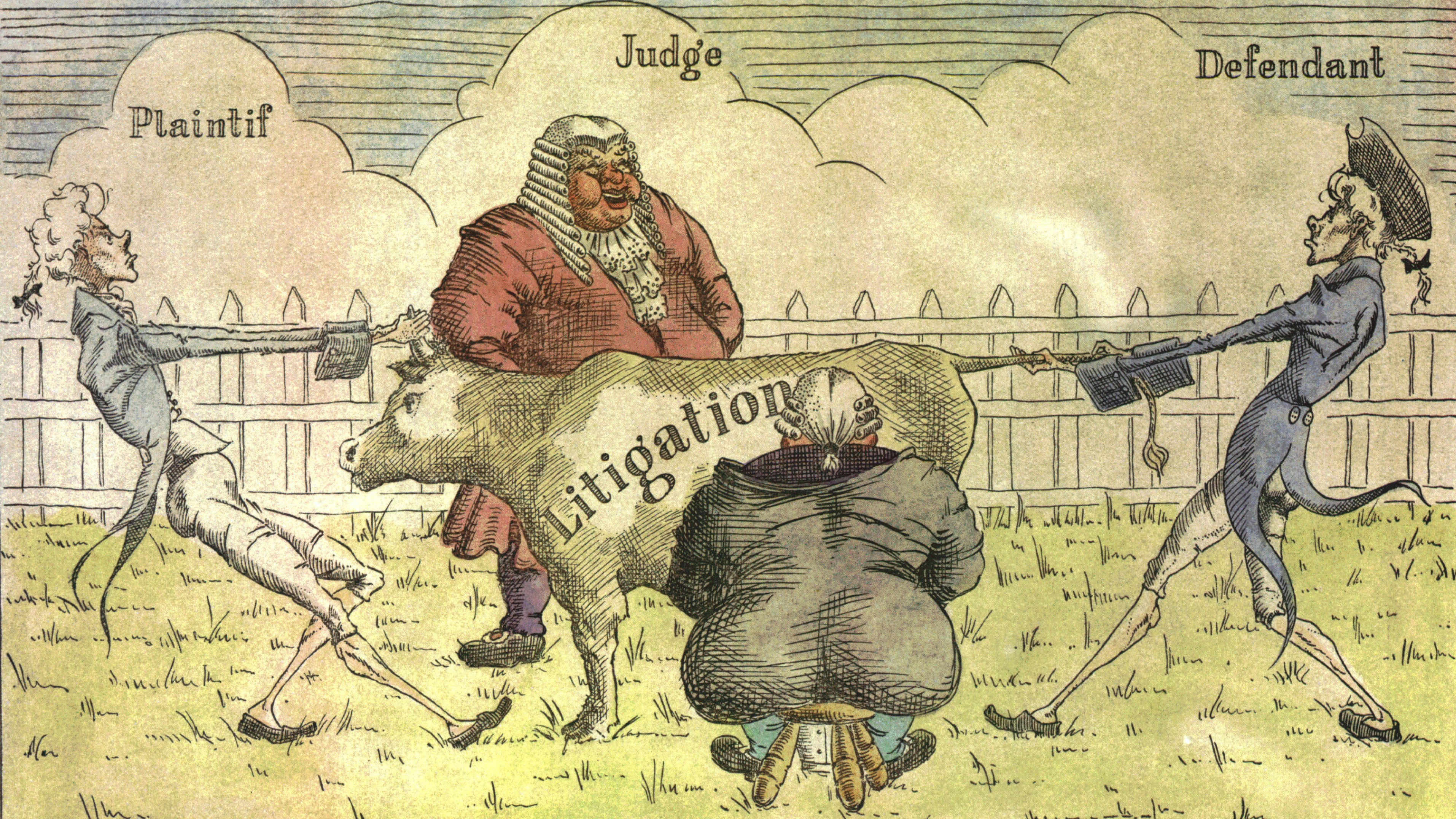
Brexit has prompted a major review and reform of the laws for almost everything in the UK – and changes in the rural sector have been noticeably swift.
This is partly the result of new legislation for agricultural tenancies, but broader, socio-economic factors are also rapidly changing rural businesses. Traditional agriculture is being replaced by more diverse industries, and farm tenants are focused more on agri-environment schemes where farming supports biodiversity, enhances the landscape, and improves the quality of air, soil and water.
New legislation and the increasing shift from conventional farming practices will inevitably affect the relationship between landlords and tenants of agricultural land and property.
If the sector is to adapt and exist outside the EU, while also facing up to challenges such as improving productivity and managing and mitigating climate change impacts, landlords and tenants will need to engage in potentially difficult discussions on diversification and wider issues about letting farms and agricultural land. It is inevitable that these will not always result in agreement, and there is potential for disputes.
Arbitration must adapt
The key principles of the Agricultural Holdings Act 1986 and the Agricultural Tenancies Act 1995 have been updated by the more recent Agriculture Act 2020. Tenants can now request their landlord's consent to vary the terms of their tenancy to enable them to access funding or comply with a statutory duty.
The 2020 Act also provides a mechanism for resolving disputes that may arise following such a request. This is in addition to established rights to resolution of disagreements about rents and other matters that have underpinned agricultural tenancy disputes since the 1800s.
Arbitration has long been the dispute resolution method of choice in the rural sector. Furthermore, it has remained the most popular procedure despite the fact that parties also have the right to have disputes decided by independent expert determination or mediation.
'Many perceive the arbitration process as increasingly expensive and very slow'
It is possible – perhaps even probable – that expert determination and mediation have not taken off because the legislation requires both parties to agree to use these procedures, whereas arbitration can be unilaterally initiated.
However, arbitration is now under increasing scrutiny. Over the years parties have become concerned that the time and money they need to spend on pursuing matters through arbitration are uncertain and can be out of proportion to the value of the dispute. Many perceive the process as increasingly expensive and very slow.
The changing dynamics and requirements for rural businesses demand a different species of arbitration. After Brexit, the agricultural sector requires a level of informality and conciseness that has not been seen in practice for many decades. Parties need arbitration to be more agile, speedy and cost-effective.
RICS offers a simple approach
RICS is one of the organisations named in legislation as being able to appoint arbitrators to resolve agricultural disputes – as well as experts and mediators – and has been doing so for more than 35 years. We believe therefore that the time has come for the sector to use the RICS Simplified Arbitration Service (SAS).
RICS conceived and launched SAS several years ago to resolve rent disputes. It is a low-cost, quick and easy arbitration procedure that can help rural landlords and tenants resolve disputes of any kind.
Like all arbitration procedures, an impartial subject matter expert takes evidence from both the landlord and tenant and inspects relevant documents and property. They may, if appropriate, hold a hearing before deciding the issues in dispute, and explain the rationale for the outcome so that both parties understand and feel they have been heard.
SAS differs from conventional arbitration in that it is a much more informal and relaxed procedure. Although uncomplicated, it still allows landlords and tenants reasonable opportunity to have their say. Crucially, the parties will know from the outset how long it will take to get a decision, and how much they will have to pay. Using the service can help ensure rural businesses survive, and thrive, beyond Brexit and the pandemic.

